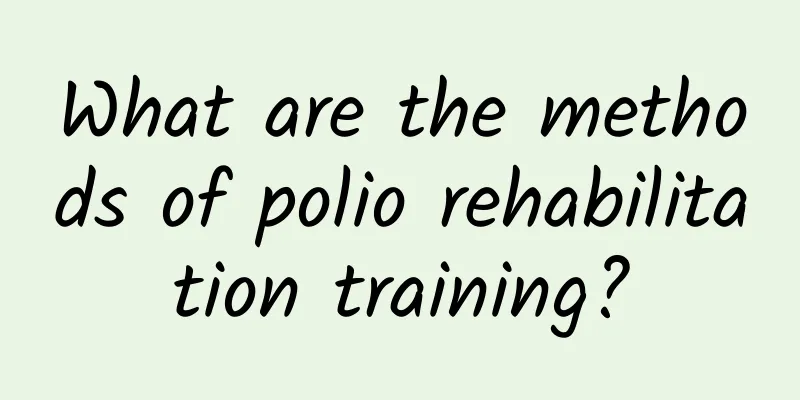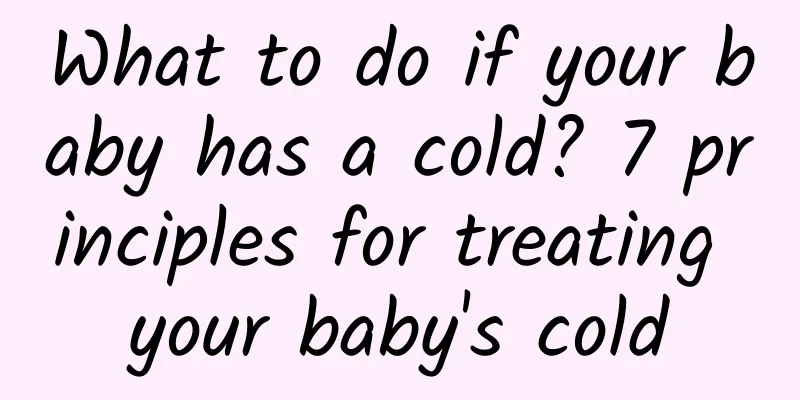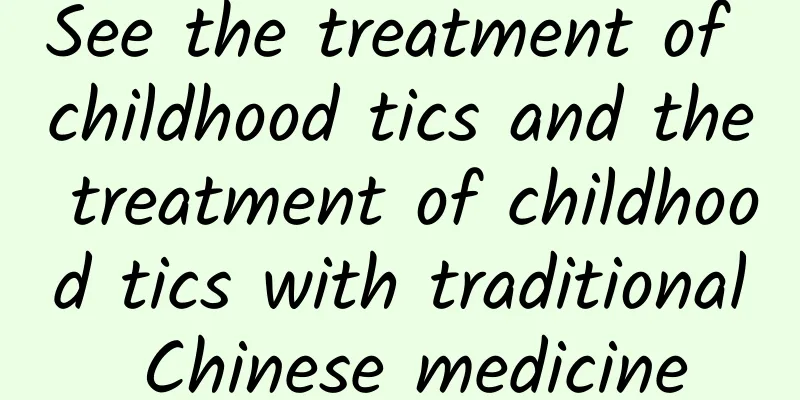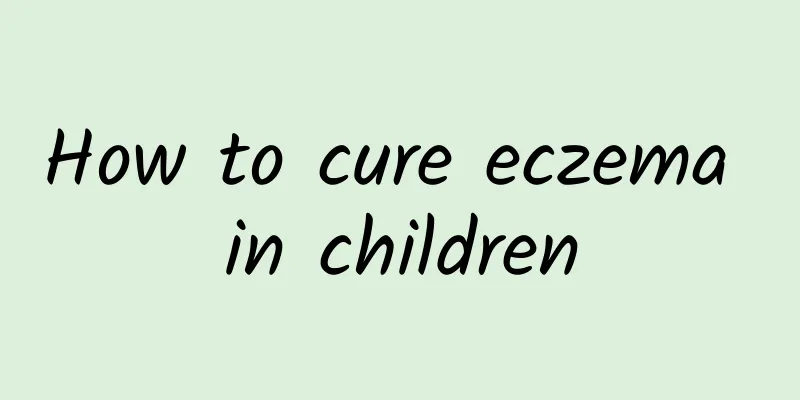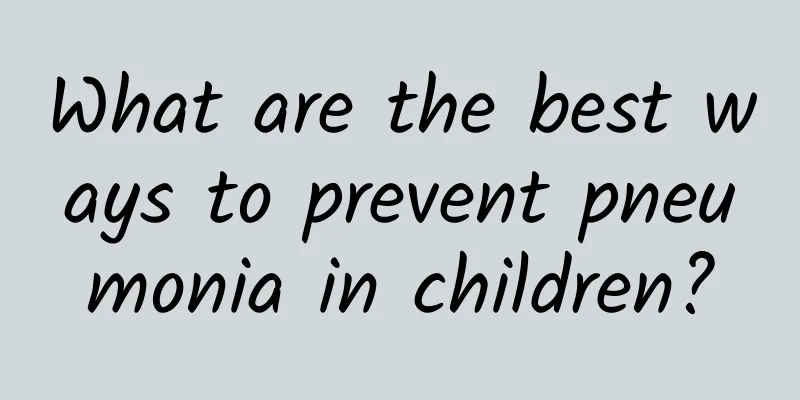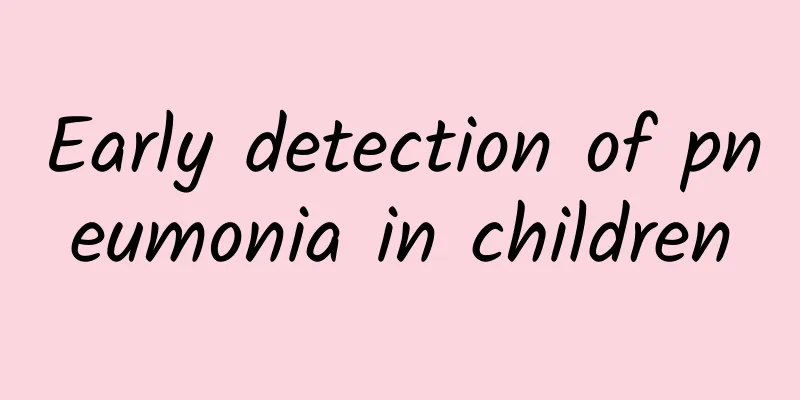How many days does hand, foot and mouth disease usually take to heal?
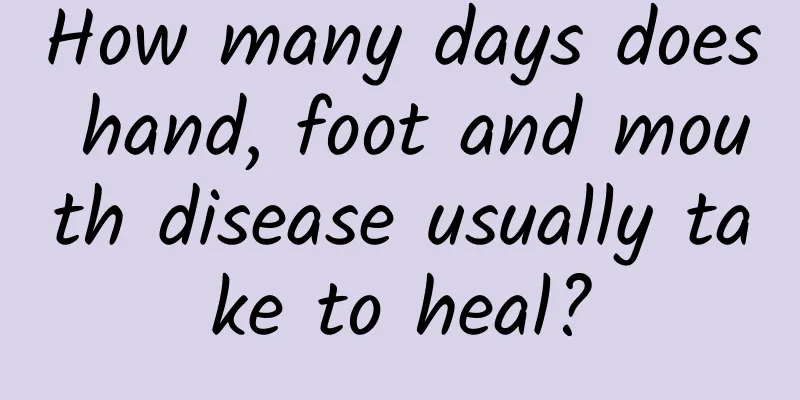
|
Hand, foot and mouth disease usually heals in about a week. This disease is more common in children and is caused by enterovirus, usually manifesting as red papules and blisters on the hands, feet and mouth. 1. Cause and transmission Hand, foot and mouth disease is mainly caused by enterovirus and is common in spring and summer. The virus is transmitted through contact, such as contact with the saliva, nasal mucus or feces of an infected person. Children have weaker resistance and are therefore more susceptible to infection. 2. Symptoms Patients usually develop red papules and blisters on the hands, feet, mouth, etc., sometimes accompanied by fever, loss of appetite and sore throat. In most cases, these symptoms will subside naturally within a week. 3. Treatment and care There is no specific medicine for hand, foot and mouth disease, and the treatment is mainly symptomatic. You can use calamine lotion to relieve skin itching, and mupirocin ointment to prevent secondary infection. Keep the skin clean and dry, and avoid scratching the affected area. 4. Treatment of fever If your child has a fever, give them antipyretics and make sure they drink plenty of fluids. If the fever persists or if they have other serious symptoms, see a doctor immediately because some enteroviruses can cause serious complications. 5. Preventive measures Washing hands frequently and maintaining good personal hygiene are important measures to prevent hand, foot and mouth disease. Avoid close contact with infected people, especially during epidemic seasons. Toys and daily necessities should be disinfected regularly. 6. Dietary recommendations During the viral infection, your child's appetite may decrease. Provide light, easily digestible food, such as porridge and soup, and avoid spicy and sour food. Drinking plenty of water can help relieve throat discomfort. 7. When to see a doctor Although most cases of hand, foot and mouth disease can be cured by resting at home, if a child has symptoms such as a persistent high fever, vomiting, listlessness or difficulty breathing, they must seek medical attention immediately. Some strains of the virus can cause serious neurological complications. Through these measures, most patients with hand, foot and mouth disease can receive effective care and recovery at home. Parents should remain vigilant, identify and deal with abnormal symptoms in a timely manner, and ensure the health and safety of their children. |
<<: Can people with hand, foot and mouth disease eat shrimp?
Recommend
What is the dietary treatment for convulsions in children?
Pediatric convulsions are actually quite scary. M...
What causes jaundice in newborns?
Jaundice in newborns is mostly related to incompl...
How to relieve pneumonia cough in children
Pneumonia cough in children is mainly an inflamma...
How to cure mumps quickly
For mumps, patients must discover it in time and ...
What are the symptoms of acute laryngitis in children in the early stage?
What are the symptoms of acute laryngitis in chil...
What causes diarrhea in children? Why do babies get diarrhea easily?
Many people are prone to diarrhea. Adults may rec...
Can antibiotics be used directly for children with diarrhea? How to solve children with diarrhea
In hot weather, children have little self-control...
TCM Diagnosis Methods for Hand, Foot and Mouth Disease
Most parents do not know much about hand, foot an...
What causes breast milk jaundice?
Breast milk jaundice is usually divided into earl...
How to treat repeated fever in children with pneumonia
Repeated fevers due to pneumonia in children requ...
How does neonatal jaundice come about? An inventory of the causes and eight symptoms of neonatal breast milk jaundice
In fact, there are two types of jaundice related ...
Nursing methods for children with pneumonia
Neonatal pneumonia is a common and frequent disea...
Diagnostic measures for ADHD in children
Attention Deficit Hyperactivity Disorder (ADHD) i...
How to treat children's cough? Proper diet is helpful in treating children's cough
Children's cough is a common condition when p...
Where to treat acute laryngitis in children
Once a disease like acute laryngitis in children ...
